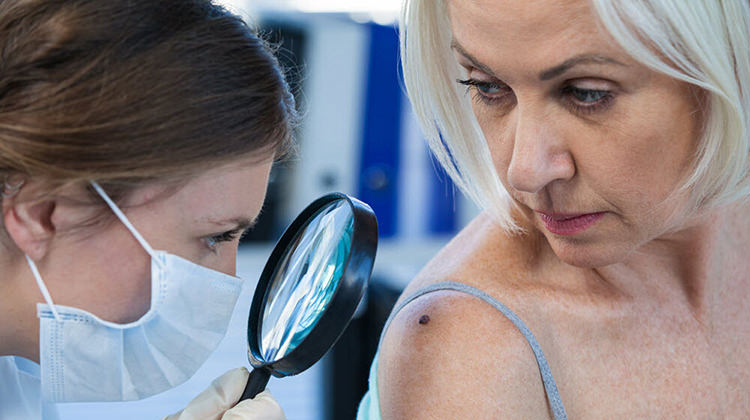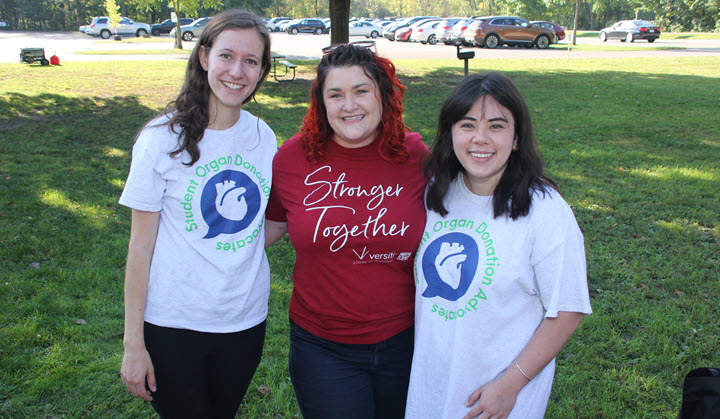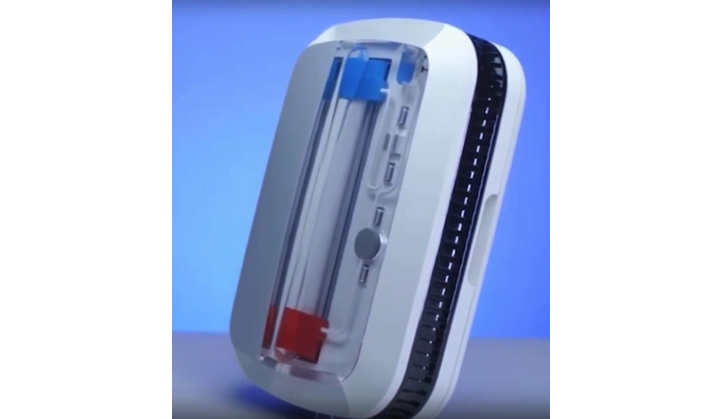As an organ transplant recipient, you already “know” several things:
-You know what the anxiety and stress of end-stage organ disease feels like
-You know that your life has been improved after receiving your transplant
-You know that by taking care of your transplant, you can reduce the risk of rejection of the organ
Did you also know that the important immunosuppressants (anti-rejection medications) you take to prevent your body from rejecting your transplanted kidney, heart, lung, or liver may increase your risk of developing certain types of
cancer?1 Read the full story on CareDx.com here.








